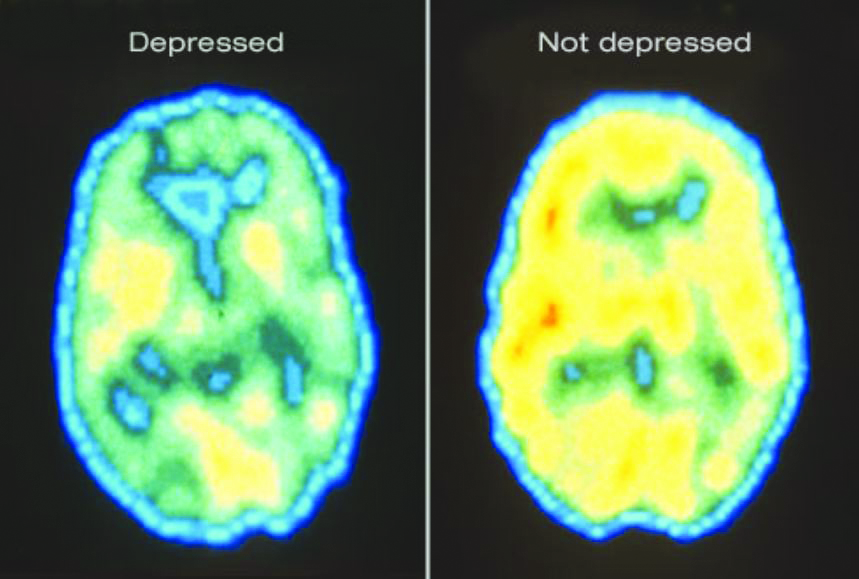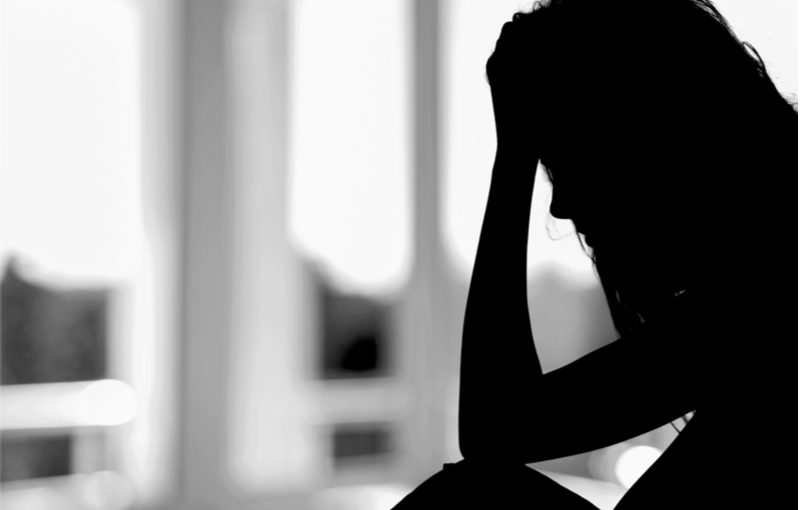Most people feel sad or depressed at times. It’s a normal reaction to loss or life’s struggles.
But when intense sadness — including feeling helpless, hopeless, and worthless — lasts for many days to weeks and keeps you from living your life, it may be something more than sadness. You could have clinical depression — a treatable medical condition.
How Do I Know If I Have Depression?
According to the DSM-5, a manual doctors use to diagnose mental disorders, you have depression when you have five or more of these symptoms for at least weeks:
A depressed mood during most of the day, especially in the morning
You feel tired or have a lack of energy almost every day.
You feel worthless or guilty almost every day.
You have a hard time focusing, remembering details, and making decisions.
You can’t sleep or you sleep too much almost every day.
You have almost no interest or pleasure in many activities nearly every day.
You think often about death or suicide (not just a fear of death).
You feel restless or slowed down.
You’ve lost or gained weight.
You may also:
Feel irritable and restless
Lose pleasure in life
Overeat or stop feeling hungry
Have aches or pains, headaches, cramps, or digestive problems that don’t go away or get better with treatment
Have sad, anxious, or “empty” feelings
While these symptoms are common, not everyone with depression will have the same ones. How severe they are, how often they happen, and how long they last can vary.
Your symptoms may also happen in patterns. For example, depression may come with a change in seasons (a condition formerly called seasonal affective disorder).
Can Depression Have Physical Symptoms?
It’s not uncommon for people with depression to have physical signs of the condition. They may include joint pain, back pain, digestive problems, sleep trouble, and appetite changes. You might have slowed speech and movements, too. The reason is that brain chemicals linked to depression, specifically serotonin and norepinephrine, play a role in both mood and pain.
Are There Different Types of Depression?
There are a few types of depressive disorders that doctors can diagnose, including:
Unipolar major depression
Persistent depressive disorder, also called dysthymia, when depression lasts for at least 2 years
Disruptive mood dysregulation disorder, when children and teens get extremely irritable, angry, and often have intense outbursts that are more severe than a child’s typical reaction
Premenstrual dysphoric disorder, when a woman has severe mood problems before her period, more intense than typical premenstrual syndrome (PMS)
Substance-induced mood disorder (SIMD), when symptoms happen while you’re taking a drug or drinking alcohol or after you stop
Depressive disorder due to another medical condition
Other depressive disorders, such as minor depression
Your depression may have other specific features, such as:
Anxious distress. You worry a lot about things that might happen or about losing control.
Mixed features. You have both depression and mania — periods of high energy, talking too much, and high self-esteem.
Atypical features. You can feel good after happy events, but you also feel hungrier, need to sleep a lot, and are sensitive to rejection.
Psychotic features. You believe things that aren’t true, or see and hear things that aren’t there.
Catatonia. You can’t move your body normally. You might be still and unresponsive or have uncontrollable movements.
Peripartum depression. Your symptoms begin during pregnancy or after giving birth.
Seasonal pattern. Your symptoms get worse with changes in the seasons, especially the colder, darker months.
What Illnesses Happen With Depression?
It’s common for people to have other medical or mental health problems along with depression, such as anxiety, obsessive compulsive disorder, panic disorder, phobias, substance use disorders, and eating disorders. If you or a loved one has symptoms of depression or another mental illness, talk to your doctor. Treatments can help.
Courtesy: WebMD
FOUR HORMONES DETERMINE HUMAN HAPPINESS!

This is worth reading!
Four hormones determine a human being’s happiness.
Endorphins are hormones released by the body when we engage in any exercise. Endorphins help the body cope with pain of exercising so that we then enjoy exercising because these hormones will make us happy. Laughter is another good way of generating endorphins. Spend 30 minutes exercising every day, read or watch funny stuff, to get our day’s worth of endorphins moving!
Dopamine, the second hormone is about the journey of life. We accomplish many little and big tasks and this releases various levels of dopamine. When we get appreciated for our work at the office or at home we feel as if we have accomplished some good and that sets dopamine sailing along happily in our life. This also explains why most housewives are unhappy since they rarely get acknowledged or appreciated for their work. Once, we join work, we buy a car, a house, the latest gadgets, and so on and so forth. In each instance we enjoy a dopamine high of happiness. Now you realize why shopping makes women happy?
The third hormone we need is serotonin. It is released when we act in a way that benefits others. When we transcend ourselves and give back to others or to Mother Earth or the society or community we live in. Give back a little or a lot. Acts of giving always release serotonin. Even providing useful information on the Internet like writing information blogs, answering peoples question or Quora or Facebook groups will generate serotonin. That is because we are using our precious time helping others via our answers or observations or advice or articles!
Finally, get familiar with oxytocin. It is released when we get close to other human beings. When we hug our friends or family oxytocin is released. It is the “jadoo ki jhappi” of Munnabhai which really works. Likewise shake hands, put your arms around someone’s shoulders, all forms of intimacy and affection releases various amounts of oxytocin …the more the better. For your wellbeing.
So it is simple, we just have to exercise every day for endorphins, accomplish little goals to get dopamine, be real nice to others to get serotonin and finally hug our kids, friends, families, to get oxytocin. Happiness is contagious and makes us deal with challenges and problems better. Come on spread around a little or a lot of happiness. You can afford it. Whatever you can afford in cash or in kind (depending on what is needed on a priority basis, not yours but the other person in trouble)!
